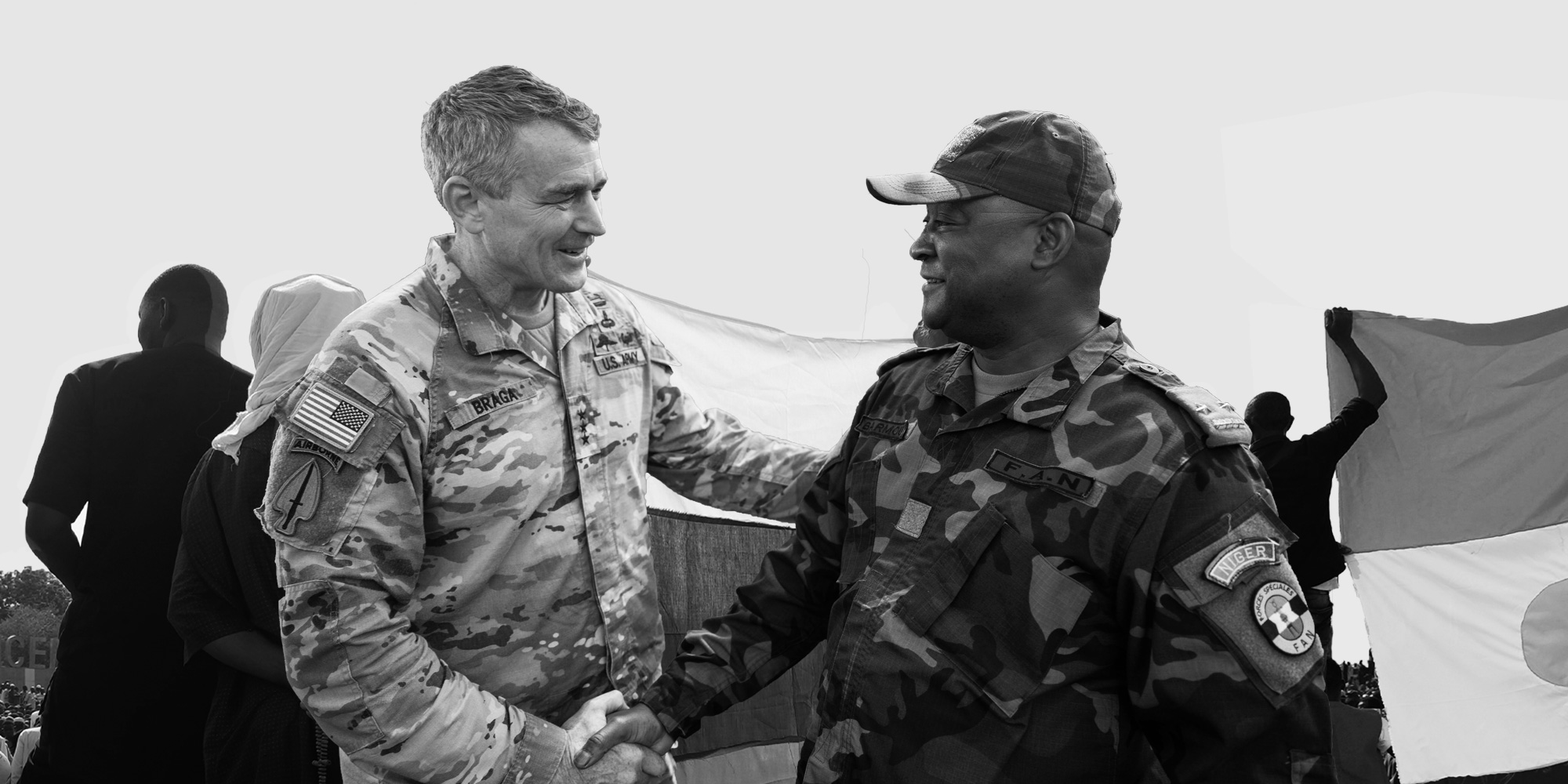Troops from Niger ousted the country’s democratically elected president, Mohamed Bazoum, last week. One of the coup leaders had previously received training from the U.S. government, becoming the 11th coup in the region led by U.S.-trained officers since 2008.



Some really great background here. Excerpt: